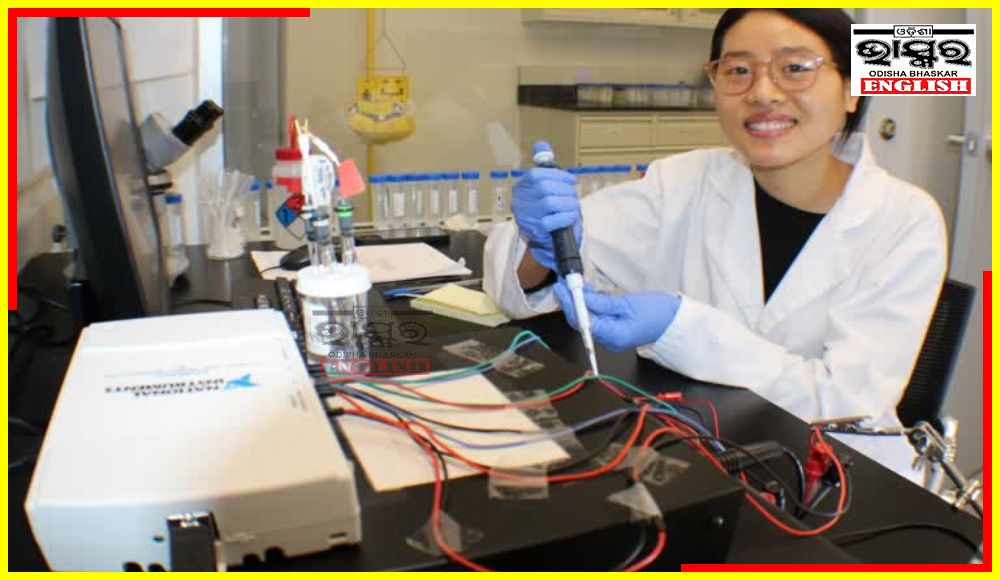An Indian scientist in America has developed a tiny and cheap acidity sensor that can tell the quality of food in real time. It can detect spoiled food. This device was developed by Khengdauliu Chawang, a PhD student at Southern Methodist University in Texas.
The Institute of Electrical and Electronics Engineer’s (IEEE) Big Ideas competition at the 2022 IEEE Sensors Conference honoured Chawang with the Best Women-owned Business Pitch for her invention.
Her flexible pH sensor is only two millimetres in length and 10 millimetres wide. At present sensors used for the similar purposes are at least one inch long by five inches tall. So, they are not suitable to be included in every package of food to monitor its freshness in real time.
The small pH sensor developed by the Indian works like a small wireless radio-frequency identification device.
According to Chwang, this small device would allow continuous pH monitoring and accurate freshness detection of a food product from farms to consumers’ houses.
Chawang hails from Nagaland. The need to prevent food waste motivated her to think of a device that is not expensive or labour-intensive to develop, is disposable and can detect freshness levels.
The pH level is measured by the concentration of hydrogen ions found in a substance or solution. The latest pH sensor has successfully been tested on food items like fish, fruits, milk and honey, Chawang said.




Comments are closed.